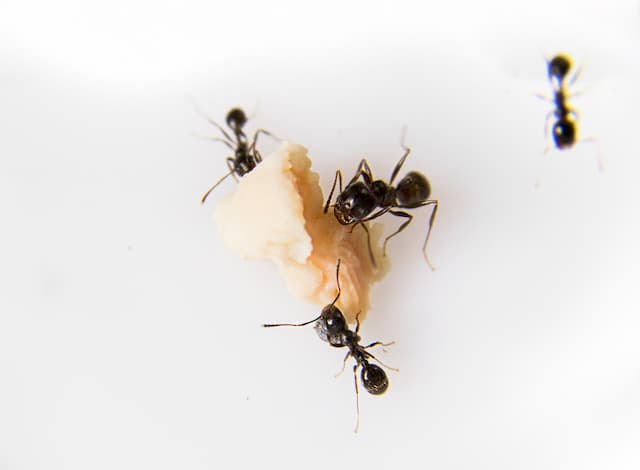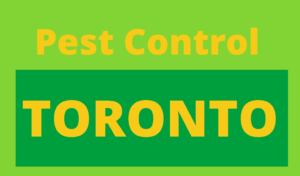There is a wide range of ants that may inflict damage to your property. For instance, carpenter ants are highly disastrous and can result in huge losses if they are not eradicated on time. Where they occur in colonies, they can cause significant damage to wooden structures and surfaces. It is therefore important for individuals to understand the signs of an ant infestation as it will help in taking corrective measures critical to dealing with an infestation. Some of the common signs of an ant infestation may include the following:
The presence of foragers
Most ants must go out in search of food and water. Some ants are also omnivorous and thus consume a diversity of food products ranging from animals to plants. Given the fact that they live in groups, ants are normally communal sharing food among themselves. It is this characteristic that pest controls professionals use when it comes to the elimination of the colony. The presence of foragers indicates the presence of a colony within the vicinity and hence infestation.
Presence of extruded sawdust and wood damage
Through their boring action, ants leave behind extruded sawdust near their site. The presence of ant tunnels and sawdust-like materials indicates the presence of an ant colony within such areas.
Rustling noises
If a large colony of ants exists, they tend to produce a unique crackling sound. Large mature colonies on the other hand are much louder and tend to produce much audible sounds. These noises tend to be common in the walls or around the ceilings and are a clear indicator of an infestation.
Foraging trails
Scientifically, ants communicate with each other via contact with their antennae or through specific chemicals which tend to influence the foraging trails of the ants. It is important to note that ants travel to and from the nest to various food sources using the same route. During the cause of their movement, they release pheromones which other ants tend to follow.
The presence of such trails is a clear sign of ant infestation and warrants professional ant control.

